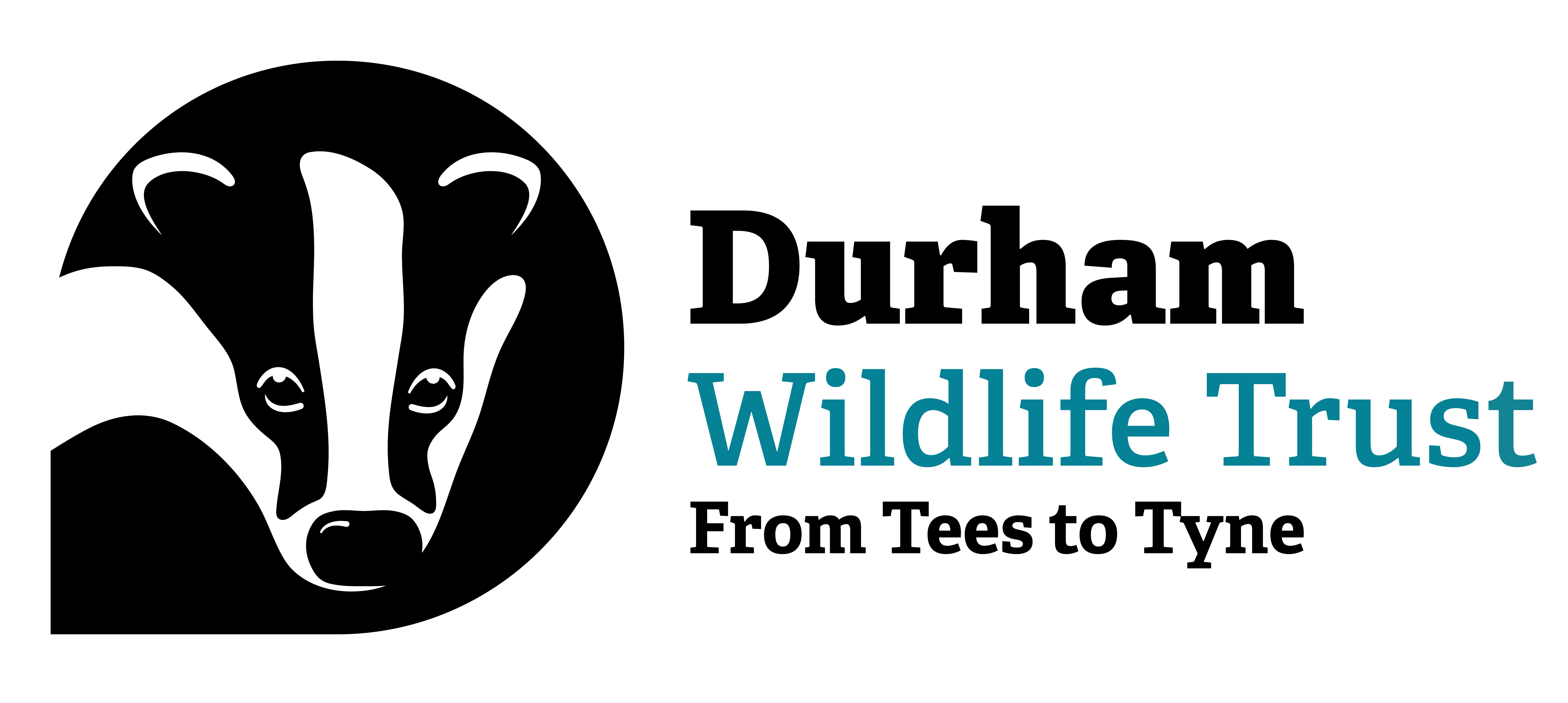The State of Nature 2023 report, published this week by leading wildlife organisations, calls on politicians of all parties to commit to an ambitious programme of policies to support nature’s recovery.
And Durham Wildlife Trust has sounded its own warning in support of the report, with environmentalists working on key projects in the North-East calling for “action now, before it’s too late”.
Craig Bennett, chief executive of The Wildlife Trusts, said: “The State of Nature Report is a stark reminder that politicians must not let nature drop down the agenda – there is far too much at stake. Nature recovery is fundamental to tackling climate change and improving people’s lives – history will not be kind to politicians who ignore this truth.”
Mr Bennett said the “clock is ticking” on the Government’s pledge to protect at least 30 per cent of land and sea for nature, and to halve the risks posed by pesticides.
The State of Nature 2023 report shows:
- One in six species is now at risk of being lost from Great Britain
- Wildlife has declined by 19 per cent since 1970
- Most important habitats are in poor condition
The Wildlife Trusts have identified five priorities for politicians ahead of the next general election:
- Bring back the UK’s lost wildlife
- End river pollution and water scarcity
- Fund wildlife-friendly farming
- Enable healthy communities by increasing access to green spaces
- Tackle the climate emergency by protecting and restoring natural habitats
Naturally Native is a North-East project, supported by players of the National Lottery, in which Durham, Northumberland and Tees Valley Wildlife Trusts are working together to prevent the loss of water voles.
Water voles are a “barometer” of a healthy eco-system, but 95 per cent have disappeared due to habitat loss and fragmentation, along with predation from American mink. Naturally Native, launched in January 2021 and running until the end of this year, has focused on creating a richer environment for water voles.
Project Manager, Stephen Brend, said: “Water voles are incredibly important to the environment because they are a rich food source for a variety of other animals, such as herons and barn owls. However, even in the lifetime of this project, we have lost some of the water vole population.
“The good news is that we know water voles can bounce back, but if we don’t act now, it will be too late. We need long-term, proactive policies that support the natural world. Our project is living proof of why the State of Nature 2023 report is so crucial.”
Mr Brend’s sentiments were echoed by Blair Watson, engagement officer on the Stronger Shores project, a DEFRA funded project through the Flood and Coastal Resilience Innovation Programme. The project again brings together the Durham, Northumberland and Tees Valley Wildlife Trusts to promote the benefits of kelp, seagrass and native oyster habitats to help communities become more resilient to the effects of flooding and climate change.
He said: "The State of Nature 2023 report highlights what so many of us are seeing: that nature is in trouble, we are losing species, and what we must always remember is that every living thing is part of a larger system, and that system is crucial to us all.
“We are calling for 30 per cent of degraded land and sea to be restored and 30 per cent to be protected for nature by 2030 but this has to be the bare minimum."










